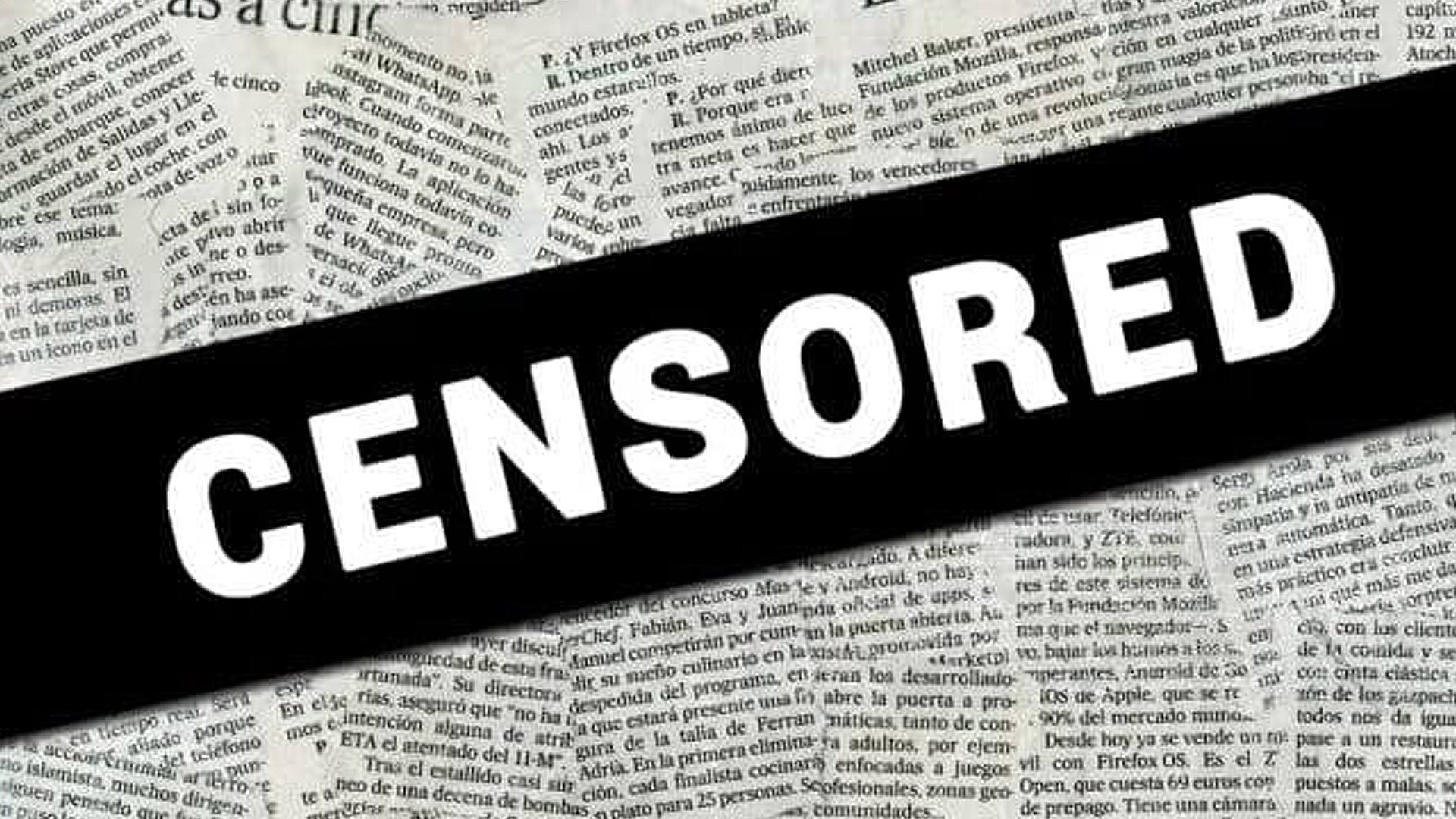
Nadine Osman
India’s increasing use of digital censorship has sparked widespread criticism, especially amid rising tensions with Pakistan. The government’s tightening grip on online content has escalated, with actions such as blocking the popular @Muslim Instagram account, removing over 8,000 accounts on X — including those belonging to journalists and Pakistani figures — and shutting down independent news outlets like The Wire and Maktoob Media.
Authorities have also targeted Instagram accounts of Pakistani celebrities and cricketers, as well as numerous YouTube channels, citing concerns over “provocative” content. These moves are seen by critics as attempts to suppress dissent and control sensitive narratives, particularly surrounding issues with Pakistan.
The crackdown, framed by the government as a measure to protect national security and public order, has been widely criticised for undermining free expression. One of the most high-profile cases occurred on May 8 when Meta restricted access to the @Muslim Instagram account, which has over 6.7 million followers.
The account, which provides news and perspectives relevant to global Muslim communities, became inaccessible to Indian users following a legal request from the Indian government. The account’s founder, Ameer Al-Khatahtbeh, condemned the action, calling it an act of blatant censorship.
“I received hundreds of messages from followers in India who could no longer access our posts,” Al-Khatahtbeh said. “Meta has blocked the @Muslim account at the legal request of the Indian government. This is censorship.”
This blocking is just one instance of a broader trend of digital repression. The Indian government’s digital clampdown has intensified following several politically sensitive events, including airstrikes on Pakistani targets and rising tensions in Kashmir.
In early May, India ordered X to block over 8,000 accounts, including those belonging to journalists, media outlets, and Pakistani public figures. While X complied with the directive, it voiced strong objections to the actions, arguing that blocking accounts without clear justification violated free speech protections.
A spokesperson for X said, “Blocking entire accounts is not only unnecessary; it amounts to censorship of existing and future content and is contrary to the fundamental right of free speech.”
Despite these concerns, X complied, citing the importance of keeping the platform accessible to Indian users. “This is not an easy decision. However, keeping the platform accessible in India is vital for Indians’ ability to access information,” the statement continued.
The censorship campaign has extended beyond just individual accounts. In addition to blocking prominent Pakistani figures, Instagram accounts of former Pakistani Prime Minister Imran Khan, actor Fawad Khan, singer Atif Aslam, and several prominent cricketers have been restricted in India. More than a dozen Pakistani YouTube channels have also been taken down for allegedly spreading “provocative” content.
These actions form part of a broader strategy by the Indian government to control the flow of information and shape the narrative on sensitive topics, particularly regarding Pakistan.
The Indian Ministry of Electronics and Information Technology has defended its actions, arguing that the measures were necessary to prevent the spread of misinformation and to maintain public order.
“Such measures are essential to ensure content that could incite violence or spread misinformation does not proliferate,” said a spokesperson from the ministry. “The government must act decisively to protect national security and public order.”
However, critics argue that these actions are an attempt to silence dissent and stifle independent journalism. “The ongoing censorship of media platforms and the silencing of independent journalism are increasingly alarming,” said a press freedom advocate. “This is a dangerous erosion of freedom of expression, particularly for those who speak out against the government.”
The censorship has raised concerns about the state of press freedom in India. According to the 2025 World Press Freedom Index from Reporters Without Borders, India ranks 151st out of 180 countries, an improvement from its position in 2024 but still a troubling indicator of press freedom under strain.
The report highlights rising violence against journalists, media bias, and the concentration of media ownership, which continue to hinder free expression in the country.
Legal challenges to the censorship continue, with platforms such as X arguing that these orders violate constitutional free speech protections. “These blanket bans on accounts, without clear evidence or due process, infringe upon the fundamental right to free expression,” said a legal representative for X.
On May 9, the Indian Supreme Court overturned a lower court order requiring Wikipedia to delete content related to a defamation case involving the news agency ANI. This ruling was seen as a victory for free expression but did not signal an end to the growing trend of digital censorship in India.
The crackdown on digital platforms comes amid rising concerns over misinformation and online propaganda. Both India and Pakistan have accused each other of using fake news and doctored content to manipulate public opinion.
The Indian government’s efforts to control digital platforms are part of a wider attempt to dominate not just physical spaces but also the digital sphere, shaping public discourse and controlling sensitive narratives.
While the government justifies these actions as necessary for national security, critics argue they are primarily aimed at suppressing criticism and silencing opposition voices. “The government’s repeated use of censorship as a tool to silence critics is part of a broader crackdown on dissent,” said a senior analyst at Human Rights Watch.
“India’s democracy is at risk when the space for independent reporting and expression continues to shrink.”
Despite the challenges, independent journalists and media platforms continue to resist these authoritarian trends. N. Ram of the Hindu Publishing Group emphasised the importance of independent voices in these difficult times. “The resilience of independent media is crucial in these challenging times,” he said.